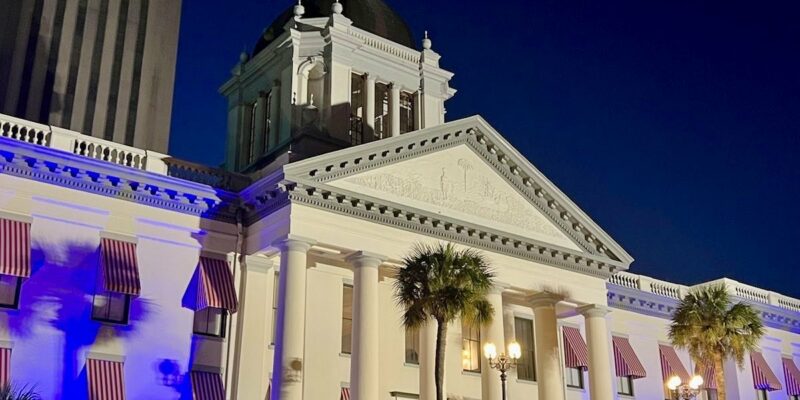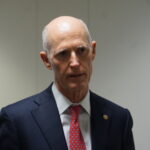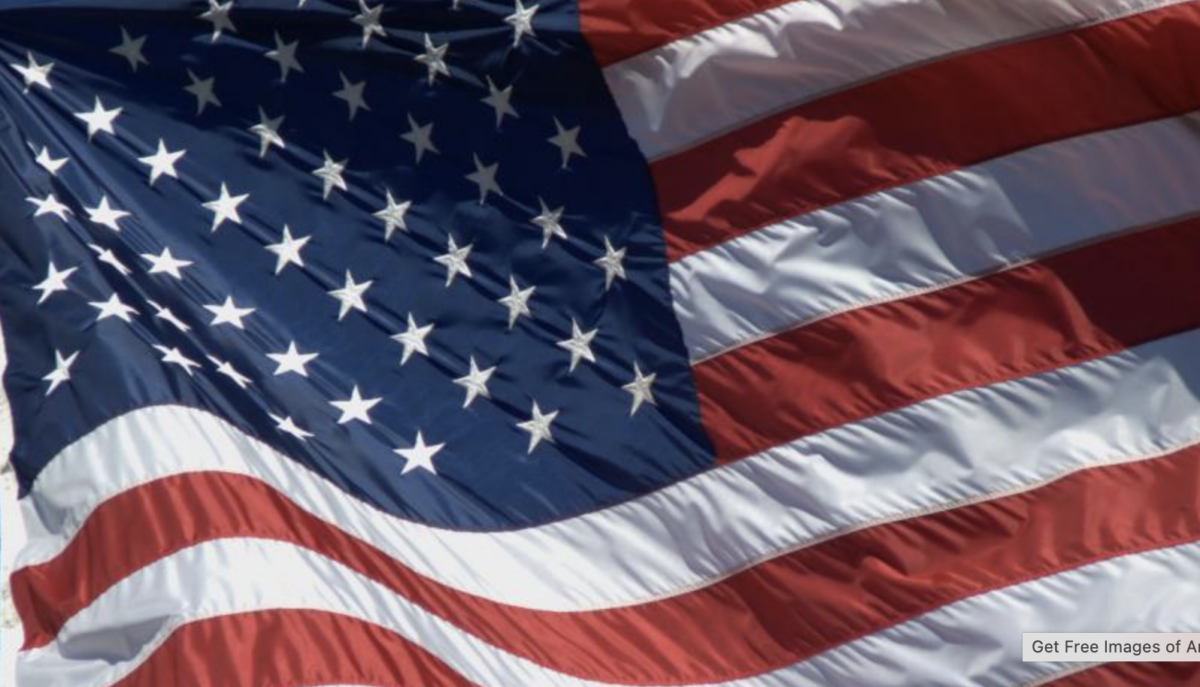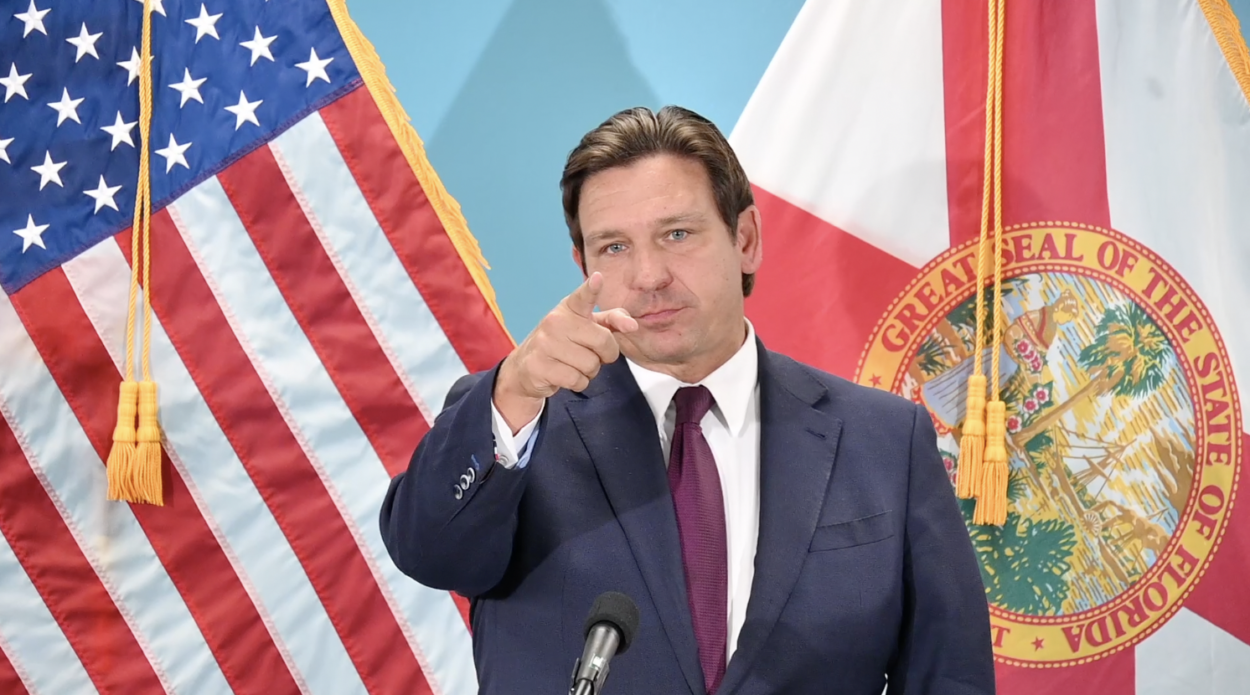Florida House Representative Stan McClain (R-27) has filed a bill that would allow school districts and charter schools to enact policies to allow volunteer school chaplains.
Chaplains are individuals who provide religious counseling services. While usually belonging to a certain religion, chaplains can also be non-denominational.
In Florida, chaplains are generally present in private schools with religious affiliations.
If Representative McClain’s bill passes, public schools would be able to invite chaplains to provide support, services, and programs to their students. A chaplain’s duties would be specified by the school’s corresponding district school board.
The chaplains would be volunteer-based and would thus not receive a public salary.
However, in order for a school to adopt a chaplain, the school’s district school board would have to vote to approve chaplain presence in the district’s schools.
In fact, McClain’s bill sets a deadline of January 1, 2025, for each district school board and charter school governing board to vote on whether to authorize school chaplains.
If the vote is successful, then the school district would have to publish the list of volunteer school chaplains, including any religious affiliation, on the school district's website.
Additionally, principals of schools with a volunteer school chaplain would have to inform all parents of the availability of the chaplain’s support programs and services.
Chaplains would have to pass background tests and written parental consent would be required before a student could participate in or receive support, services, and programs provided by a chaplain.
If passed, the bill would go into effect this summer.
McClain’s bill is identical to a similar Texas bill passed earlier this year. Yet chaplaincy bills of these sorts have garnered criticism from some.
Critics claim school chaplains violate the doctrine of the separation of church and state and the Lemon test created by the US Supreme court in Lemon vs. Kurtzman, (403 U.S. 602, (1971).
Under the Lemon test, governmental actions were found to not violate religious freedoms if they were secular in nature, neutral, and if they avoided excessive entanglement with religion. Critics state public school chaplains fail the Lemon test.
However, the Supreme Court’s decision in Kennedy v. Bremerton overrode the Lemon test and replaced it with a ‘history and tradition’ test that is more amicable towards school chaplains.
The Supreme Court’s shift may have given states like Texas and Florida enough confidence to codify their respective school chaplain laws.













